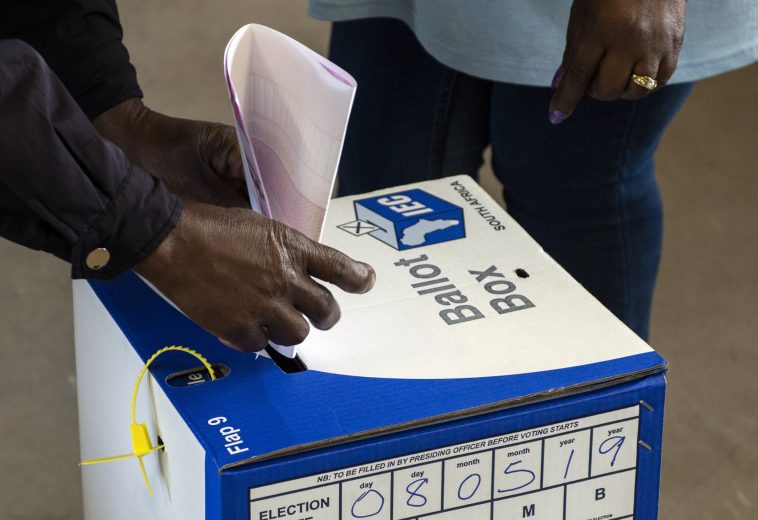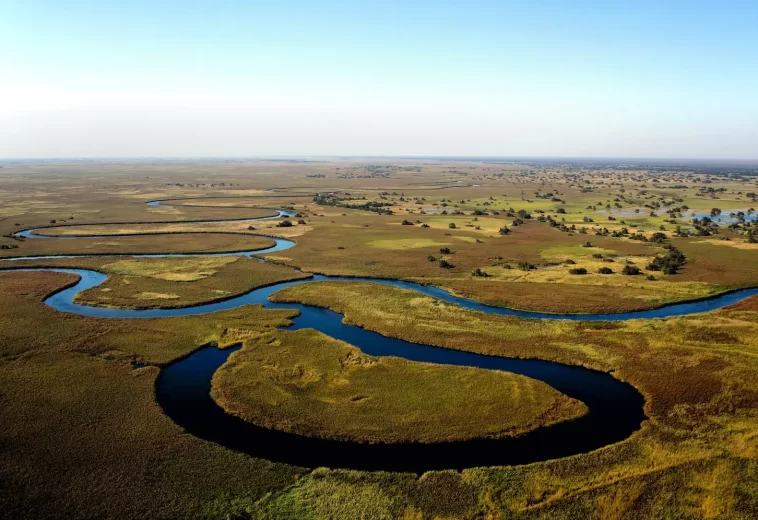The oil-rich terrain of West Africa has become a battleground for economic ambitions and geopolitical schemes, particularly in Niger and Benin. Benin has blocked Niger from using its port to export crude oil due to a border dispute.
According to reports, Niger produces around 20,000 barrels of oil per day in the Agadem Rift Basin, located in the southeast. CNPC has invested $4.6 billion in Niger’s oil sector, including a 1,200-mile pipeline to transport crude oil from Niger’s Agadem basin to Benin’s Seme port for export.
Niger’s Prime Minister, Ali Mahaman Lamine Zeine, has revealed a breach of trade agreements obstructing access to export Niger’s first shipment of crude oil. Niger has a $400 million deal with China’s state-owned China National Petroleum Corp (CNPC).
Origins of the Feud
The story begins with the discovery of vast oil reserves in Niger, a potential economic boon for the landlocked nation. Eager to tap into this wealth, Niger embarked on an ambitious project to construct a pipeline stretching to the Beninese port of Cotonou, a gateway for global oil markets.
However, what seemed like a straightforward venture quickly turned contentious. Benin, the vital conduit for Niger’s oil dreams, raised alarms over the project’s environmental and economic implications. What followed was a series of diplomatic clashes, each more heated than the last, with accusations flying and negotiations stalling.
Key Issues
Benin has sounded the alarm over potential environmental disasters. The pipeline’s route cuts through sensitive ecosystems and local communities, raising fears of oil spills and habitat destruction. These concerns have become a rallying cry for activists and local leaders alike.
The pipeline’s path is a thorny issue, slicing through lands held by communities for generations. Disputes over rightful ownership and fair compensation have sparked protests and legal battles, with affected residents demanding justice and transparency.
Benin contends that Niger’s proposed terms are skewed, leaving Benin with a smaller slice of the pie. The wrangling over revenue sharing has turned into a tug-of-war, each side holding firmly to its economic interests. The oil feud isn’t just about black gold; it’s about power and influence.
Has there been attempts to cool the escalating tensions? Both Niger and Benin have taken to the negotiating table. The struggle for control over natural resources has drawn in regional heavyweights and international stakeholders, each with their stakes in the outcome. The geopolitical chess game it seems adds a layer of complexity to an already tangled dispute. President Patrice Talon’s government demands that Niger reopen its side of the border if it wants access to Benin’s ports.
Relations further went sour after a military coup in Niger last year, leading Benin and other West African nations to impose sanctions, including border closures, to pressure the military to restore the elected government. Following the July 2023 overthrow of President Mohamed Bazoum, the Economic Community of West African States (ECOWAS) imposed sanctions on Niger’s junta, resulting in the indefinite closure of Niger’s southern border with Nigeria and Benin. Although Ecowas eased sanctions in February 2024, Niger has kept its border closed to goods from Benin.
READ ALSO: Niger-US Relations: A Historical Journey
Amidst the geopolitical brinkmanship, it’s the ordinary people who bear the brunt of the conflict. Communities straddling the Niger-Benin border find themselves caught in a web of uncertainty. For many, the pipeline is a double-edged sword, promising economic opportunity while threatening their way of life and environment.
Benin’s move analysts fear jeopardizes Niger’s plan to export oil, as the country currently produces about 20,000 barrels per day mainly for domestic use. With a new Chinese-built pipeline through Benin, production was expected to rise to 110,000 barrels. The dispute threatens this project and impacts trade relations.
Herve Akinocho, director of the Centre for Research and Opinion Polls in Benin, stated that Benin would lose about $7 million daily in oil transit fees due to Niger’s border closure, which has diverted most of Niger’s trade to Togo, significantly harming Benin’s economy and transport sector.


